new posts in all blogs
Viewing: Blog Posts Tagged with: Small Press, Most Recent at Top [Help]
Results 1 - 25 of 26
How to use this Page
You are viewing the most recent posts tagged with the words: Small Press in the JacketFlap blog reader. What is a tag? Think of a tag as a keyword or category label. Tags can both help you find posts on JacketFlap.com as well as provide an easy way for you to "remember" and classify posts for later recall. Try adding a tag yourself by clicking "Add a tag" below a post's header. Scroll down through the list of Recent Posts in the left column and click on a post title that sounds interesting. You can view all posts from a specific blog by clicking the Blog name in the right column, or you can click a 'More Posts from this Blog' link in any individual post.
You may have noticed some subtle changes to my social media and official site recently.
Here is the good news: MillerWords, LLC is now accepting submissions for publication.
The plan is simple - a streamlined publishing experience which gives more control to the author.
MillerWords will format and produce both paperback and eBooks, then partner with the author to promote the stories in the most creative ways possible.
The question is simple - What can I do for you?
With over 20 years of customer service and retail experience, my goal is to help in any way that I can. I have been a traditionally published author since 2008 and I want to produce professional, attractive books that will look great on any shelf. Through
Authors in the Park, I will offer the added benefit of promoting local authors and selling anything in the
MillerWords library.
If you have been trying to decide whether to self-publish, send me an email. If you are tired of rejection letters, send me an email. If you have any questions, send me an email.
MillerWords pricing and contracts are very competitive and fully negotiable. Whether it is one book for a family reunion or the launch of your best-seller career, I want to help you make that dream a reality.
MillerWords is not a vanity press or self-publishing.
Your book will be registered with the Library of Congress, have an ISBN, and the MillerWords imprint.So, what can I do for you?
Involved in a secret five-year relationship with her middle-school teacher, Ortiz focuses on the emotional toll experienced at the hands of "Mr. Ivers." It is pretty satisfying to watch as Ortiz slowly becomes aware of the inequalities of this relationship, yet at the same time, it's entirely heartbreaking to watch this child (because, let's be [...]
by Zachary Clemente

This past weekend, the 20th annual Small Press Expo (SPX) brought an explosion of independent and small press comics to the Marriott hotel in Bethesda, MD. Literally overflowing with an abundance of talent, the weekend was filled with amazing creators, signings, panels, even a wedding and a prom. One of the panels, Micro-Press and Beyond, discussed the findings of a study on micro-press comics publishers by moderator Robyn Chapman, who runs mini-comics publisher Paper Rocket, as well as posing the study’s questions to the panel participants. From left to right, the publishers are Chuck Forsman (Oily Comics), Keenan Marshall Keller (Drippy Bone Books), Anne Koyama (Koyama Press), and Raighne Hogan & Justin Skarhus (2D Cloud).
Chapman kicked off the panel by showing her findings, collected in The Tiny Report, a mini-comic she published, based on questions she sent to 52 micro-press publishers, which she defines as being “one-person publishing houses”. The purpose of the Tiny Report is to be a “micropress yearbook”, serving to be an aid in understanding and chronicling the comics micro-press movement. One by one, she took the panel through some of the questions she posed for the report, seeing how they affect each representing publisher. While the responses for Forsman, Keller, Hogan, and Skarhus were fairly uniform; Koyama, as a more established publisher had slightly different answers. Although all agreed the major challenge of publishing was funding, seeing it as the root of any other discussed challenges, such as distribution or marketing.

Data Collected by Robyn Chapman
The majority of the panel was an informative and lengthy discussion about how micro-publishing is in essence a massive clustercuss. Selling books to comic stores often requires very precise book-keeping, dealing with printing and shipping costs is a measured act of a madness, running the convention circuit can be emotionally and physically punishing, and even trying managing an online store or crowd-funding campaigns can be a full-time job. Despite all these hurdles, micro-press publishers have been springing up left and right to print minis and floppies, filling the void left by publishers left by publishers like Fantagraphics or Drawn & Quarterly, who now focus more on graphics novels, collections, or art books. Ultimately, the issues voiced come from a lack of steady funding as it’s not uncommon for an independent publisher to see a check for books sent to a store 6 months after the fact.
During the audience Q&A portion, a question I’ve been curious about was raised about artist contracts and compensation. Most of the publishers pay in copies or small royalties, depending from artist to artist and many don’t really bother with formal contracts. Only Koyama utilizes formal, customized contracts and pays a lump sum up front to each artist she works with.
“You’re an angel from Heaven.” – Forsman to Koyama

Data Collected by Robyn Chapman
Lastly, on the word of submitting, all but Koyama takes submissions through email or convention drop-offs – all stating that finished or nearly finished work is ideal. Koyama bemoaned the fact that she often cannot find the names of people on their websites or tumblr pages and won’t be able to contact them. Koyama press rarely takes submissions, only publishing 10 books a year, all handpicked by Anne herself. Everyone agreed that the best possible policy for getting published is just “make a good comic.” When asked about the “Beyond” of micro-publishing, all wished for a climate where sustainable and local printing was a more affordable option, but for now, overseas printing is the most economical option.
This was my first time at SPX and it was an exceptional experience. I’ll be back next year and (hopefully) continuing small press coverage!
In the olden days I would slave away all night putting up pictures of debuts, but now all CAFs do it on their website, and here’s the amazing SPX 2014 Debut Books page! BRING MONEY.
But if you want some recommendations, Rob CLough has an essential list of seventeen creators to check out. I can’t improve on Rob’s list or taste, but I DID pick out a few books that caught my fancy. I’ll have two categories here, BIG BOX BOOKS from major publishers, and SMALLER DELIGHTS.
[note I'm uploading these on a bus and will add more copy when I get working wifi. ]
BIG BOX BOOKS

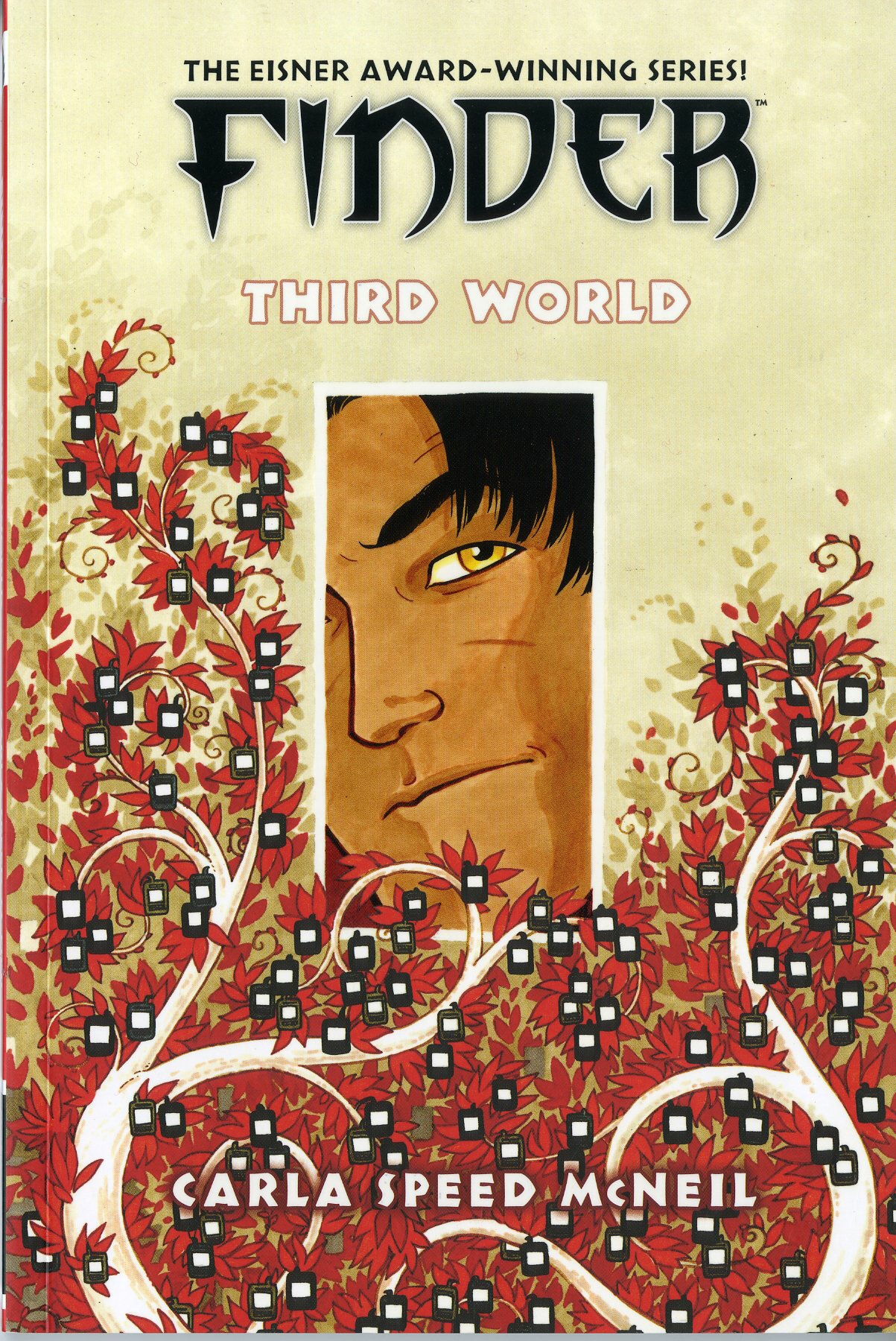

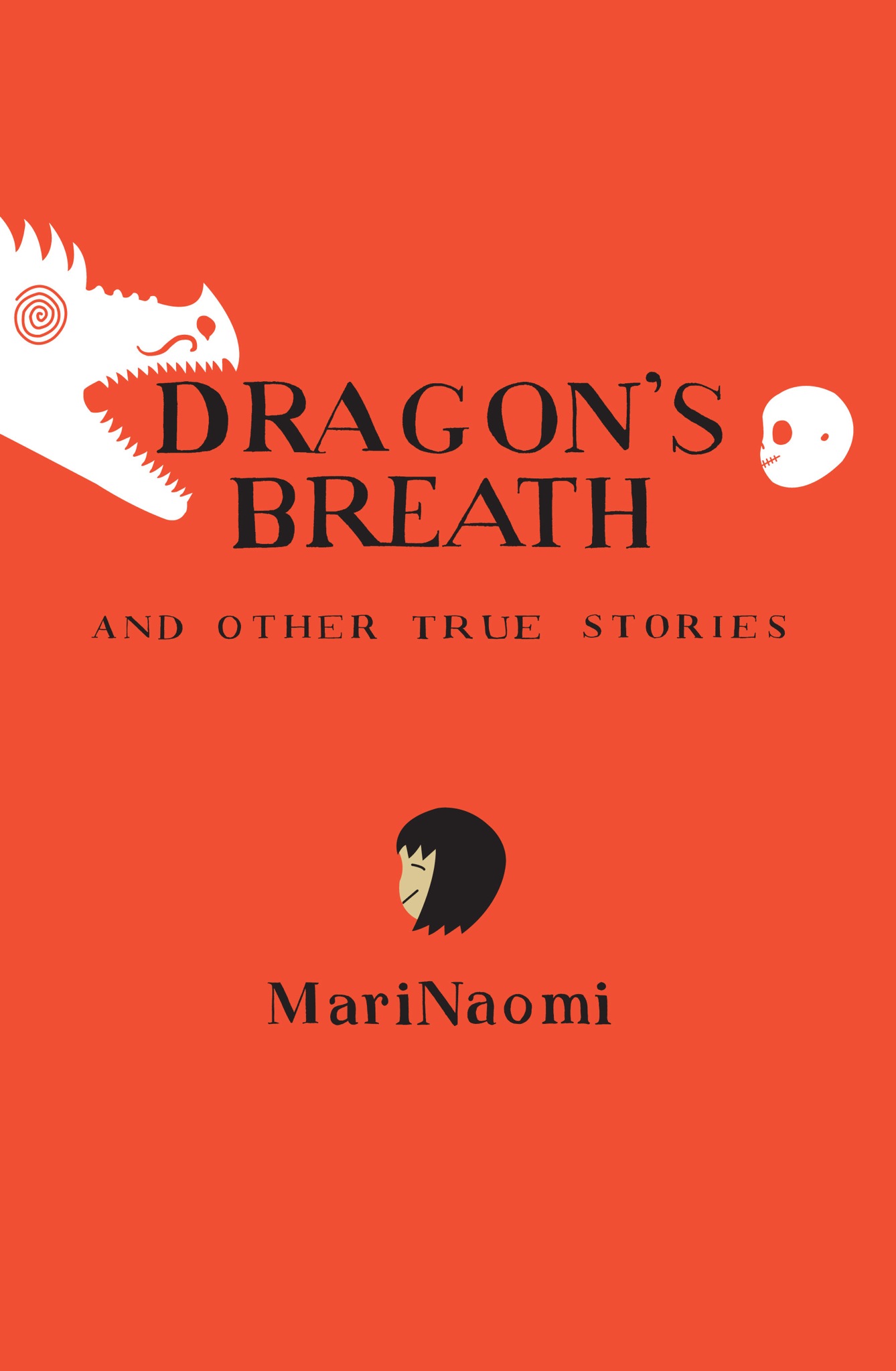
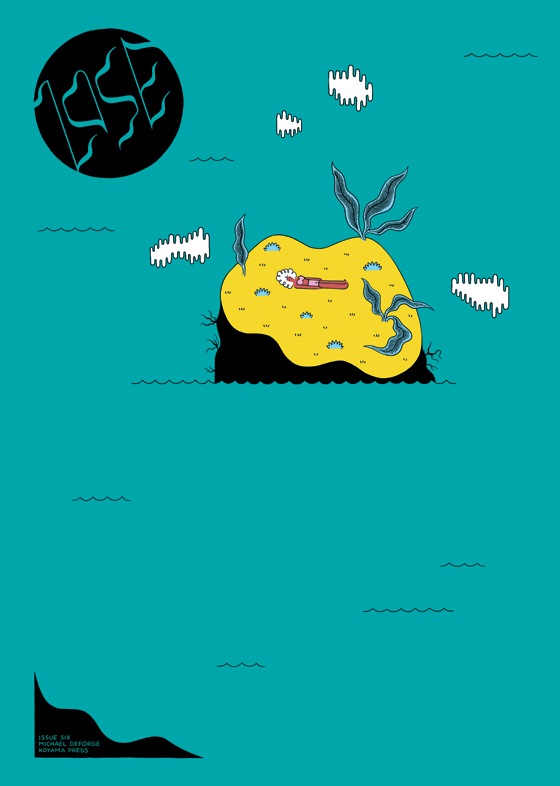
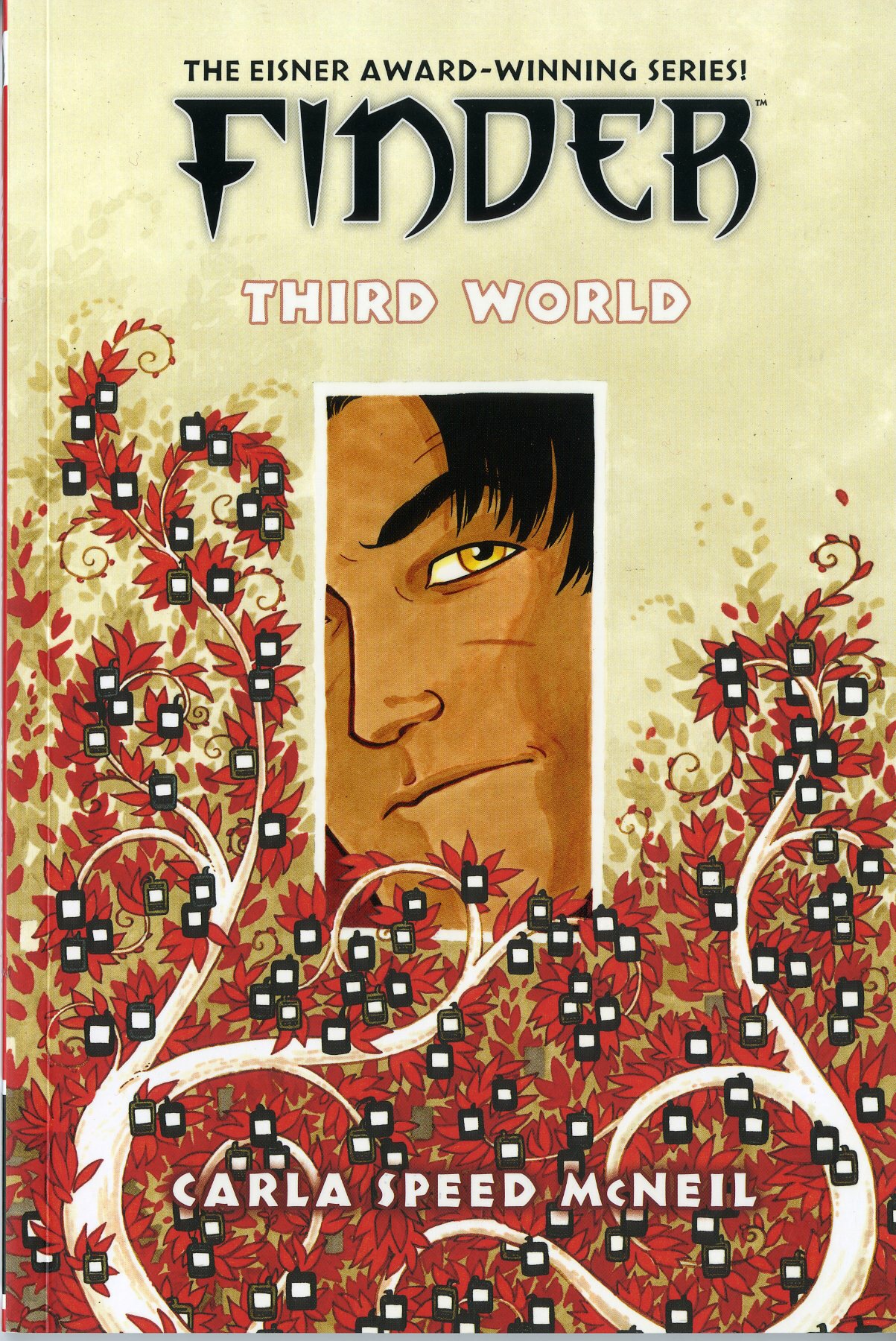

SMALLER DELIGHTS

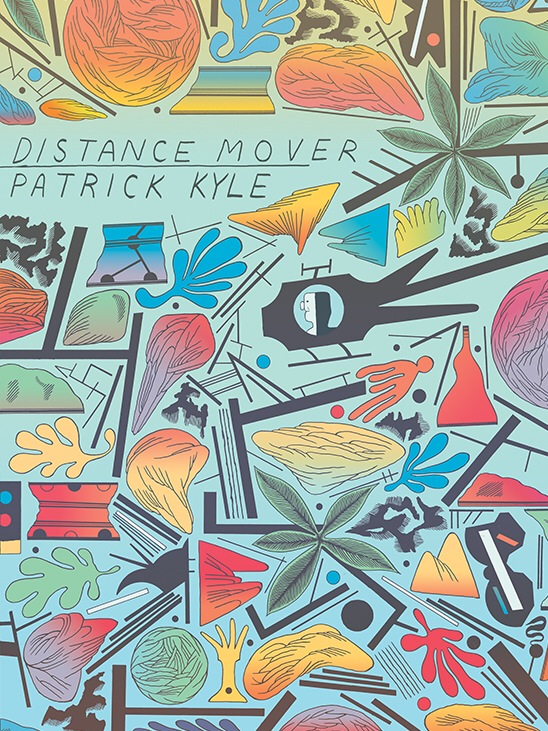
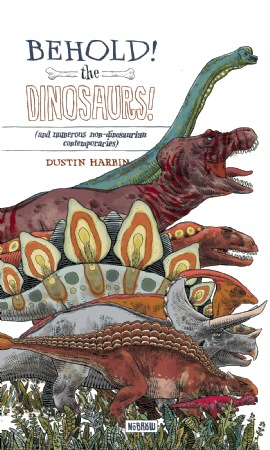
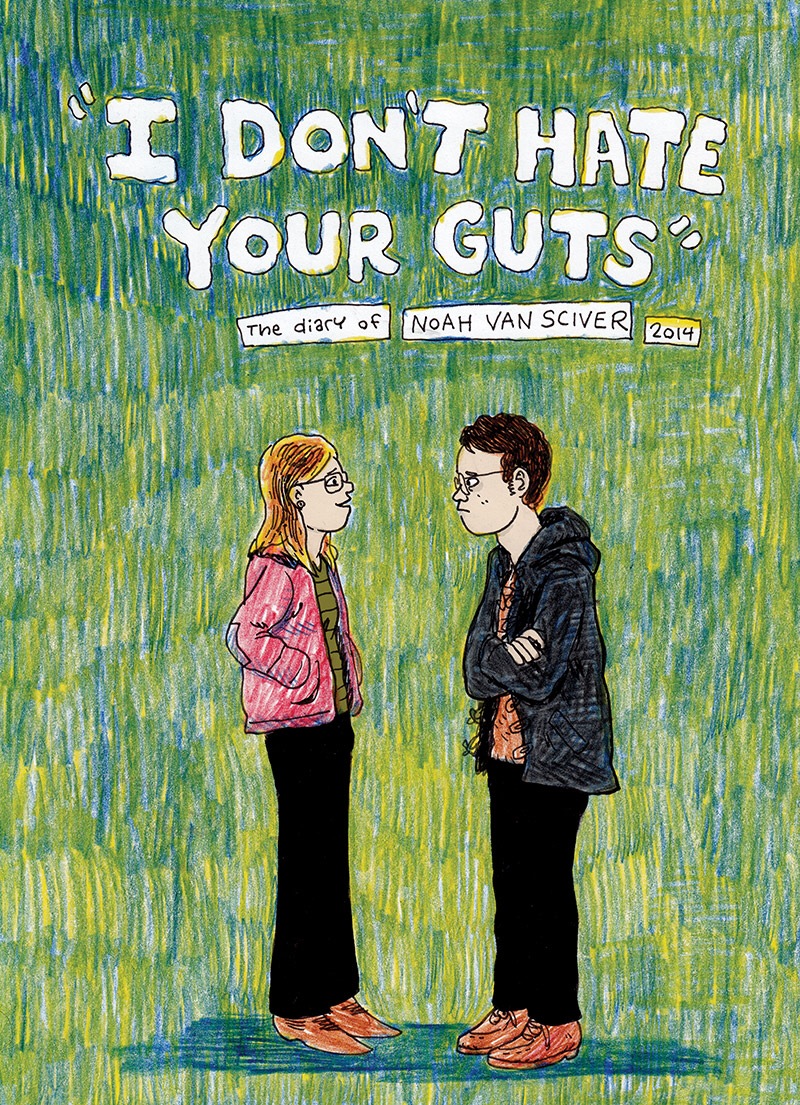
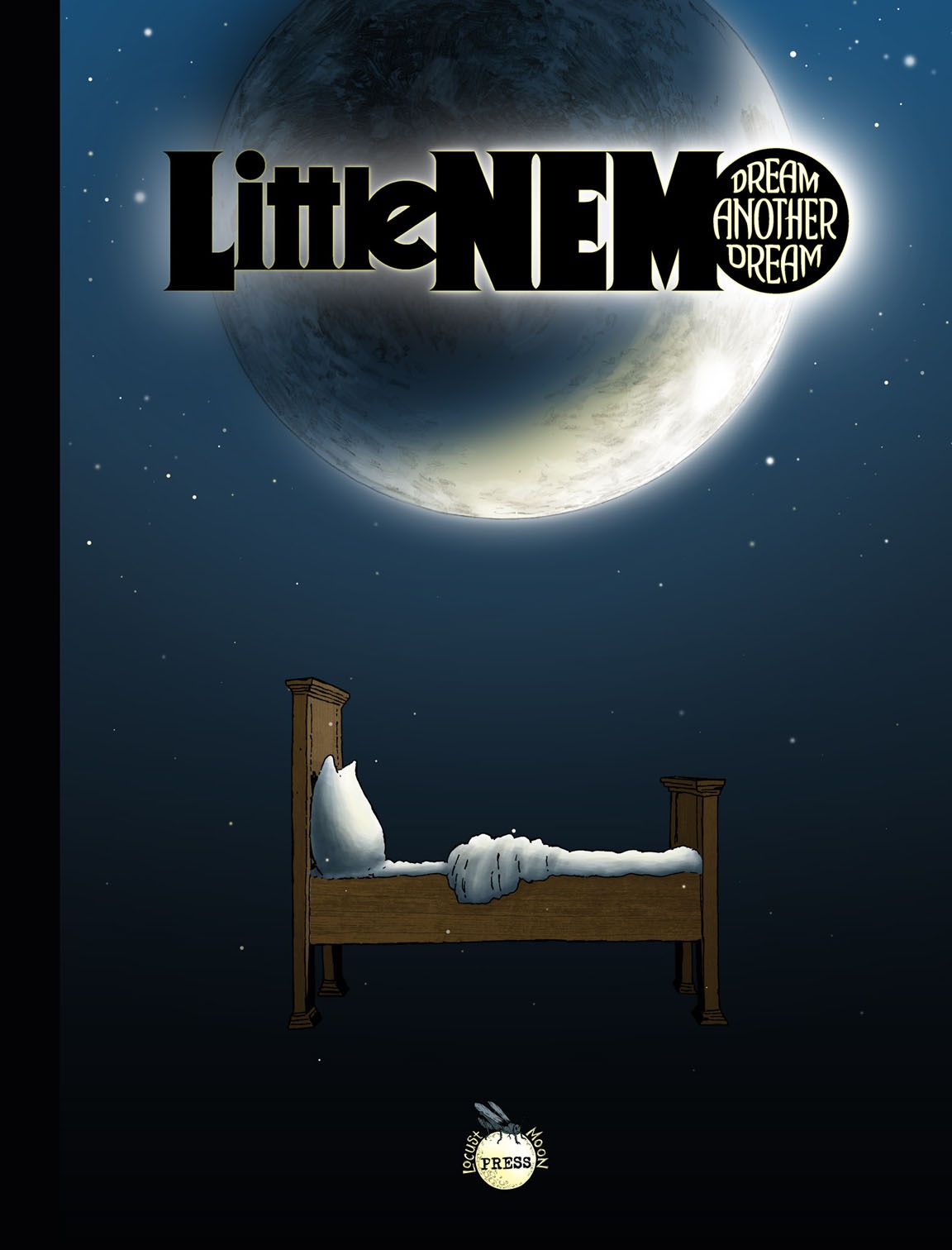
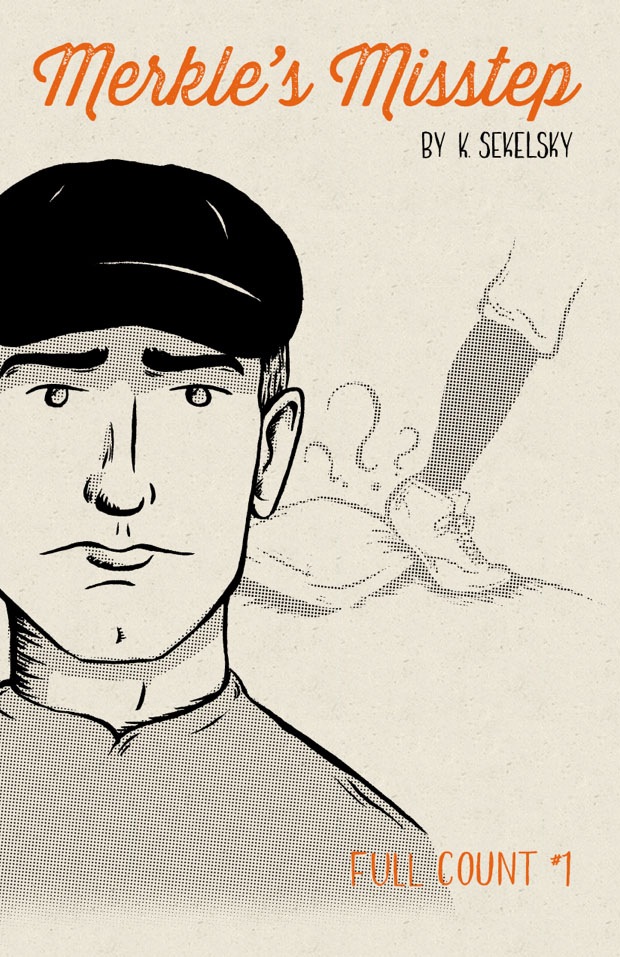
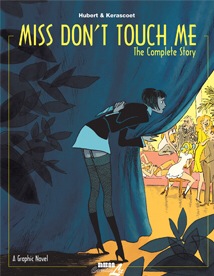
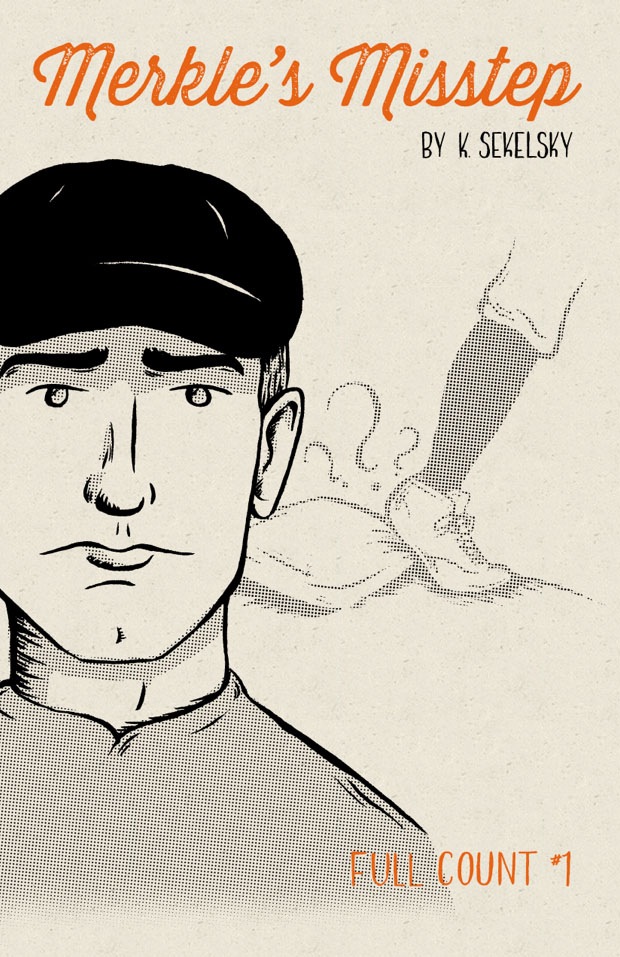
After several years and countless surprising twists and turns in the lives of the main characters, Sarah Burgess’ long-running webcomic ‘The Summer of Blake Sinclair’ has come to an end. But now readers can start all over again, right from the start, as Burgess has brought the series to print via publishers ZetaBella.
Described by her as a cheesy student drama, the series is a lot more than just that – it’s a sprawling, vivid depiction of university life, with a cast who wander in and out of each others lives, trailing baggage, problems, love and laughter in their wake. A while back I listed it as one of the 24 Webcomics we spotlighted on The Beat as something special – with the launch of the series in print, I reached out to Sarah to find out more about the making of the series, and how it made the long journey to print.

Steve: What is The Summer of Blake Sinclair about?
Sarah: It’s essentially a gentle drama about university students during their summer. The themes of the story are the exploration of ‘truth’ and identity, and it revolves around the relationships/stories of 5 characters- the main character being Blake Sinclair. Each character connects in some way to Blake, who whilst being the main character is quite flawed and lost as a human being!
Steve: Where did the idea for it come from? Does any of this draw from your own experiences as a student, perhaps?
Sarah: It’s definitely evolved, but the idea was originally an exploration of ‘generation Y’ (Hipster culture) which I think heavily reflects the identity and problems people my age and younger are going through. It’s most certainly based on my experiences of ‘hipster’ subculture which I was really a part of during college and university – and totally based on my personal experiences, relationships and worries as a twenty-something!
Steve: When you first came to the project, did you have any idea it would expand into this huge thing, this massive comic series with so many intercrossing characters?
Sarah: Not at all- in fact when I first came up with it, it was really basic and more like a simple ‘revenge’ love story. But the more I explored the idea of subcultures and identity the more I wanted to add interlocking stories and characters.

Steve: Over time, do you think your focus changed? Did you have some main characters who faded away, or supporting characters you wanted to write more of?
Sarah: Although it might (hopefully) appear that the shift of focus on characters changes over time naturally, this was all pre-planned- I really wanted to portray how friend groups can shift, grow and change over time. One of the intentions of the comic was to have characters start off with strong relationships in one area, and finish in a completely different area. There are loads of side characters who have their separate backstories- I really want to do extra stories on them.
Steve: How pre-planned is the story? It’s thoroughly focused on character foremost – have there been points where the characters have naturally reached a point that surprised you?
Sarah: The main backbone of the story and the journey each character goes through is pre-planned – but the details, or how they get to each point in the story, wasn’t planned. Before I started drawing it, I really developed each character’s personality, and after that their reactions and interactions seem to just happen! I think most artists agree that sometimes your characters wind up controlling the story.
There are loads of crazy climaxes in this story which for real I wasn’t thinking would happen when I first planned the idea… Characters are scary.
Steve: What made you decide to put the series up online, and tell it as a webcomic?
Sarah: I guess I’ve grown up in a world where posting your stories online is normal! (like web comics are such a given to me!) I really didn’t put any thought behind it – it was just a personal project I really wanted to work hard on, and putting stuff online is good practice for your development I think. It’s really useful having both instant encouragement and thoughts on the story which really help you develop how clear and well told your comics can be.
Steve: How have you found the process of working, writing, drawing, creating the comic and getting it up for the internet deadline every week? Do you think that, over time, you’ve developed and changed the way you approach making the comics, as a result of having that constant deadline ahead of you?
Sarah: When I started this, I had just finished university and had no jobs as an illustrator, so there was a sudden lack of routine and solidarity in my life. Doing this project and keeping to deadlines really helped me feel more stable in such an unstable environment- if you’re starting out as an artist I definitely recommend it just to keep from falling into a dry spell.
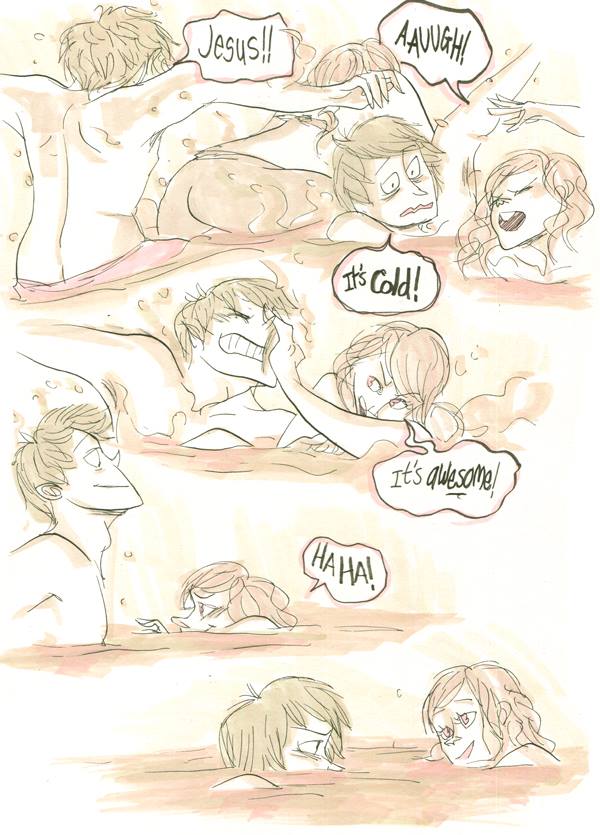
It also has probably taught me to work much quicker, and as I said I think learn much more quickly. Imagine without the constant feedback that online comics allow, artists wouldn’t be able to evolve their style as quickly. It definitely also gives me more stamina, and the drive to draw bigger stories!
Steve: How did ZetaBella get involved in publishing the series in print? Was this always something you’d wanted to do with the series?
Sarah: Blake Sinclair was always intended as a personal project to develop my way of telling stories. I never expected it to get readers! I’ve tried selling and printing it myself but it was too expensive for me to make and people to buy, and people kept requesting it in cheaper but bigger volumes- thus I took it to ZetaBella. I was really surprised when they were stoked to publish it..!!
Steve: How many collections are planned for the series?
Sarah: There will be 4 volumes… the last volume might be kind of big…!
Steve: The series has just concluded chapter 16 online – do you have an end point set in place, at this point?
Sarah: I sure do- the next chapter (chapter 17) will be the last one. It will end in a way that concludes all of the character’s stories. I may do some short stories afterwards involving the side characters.
Steve: What have you most enjoyed about making the series?
Sarah: I think what I’ve enjoyed most is the discussion on the characters between readers- sometimes people have had varying opinions and interpretations of the subjects and characters- when debate comes up it’s really exciting! Also this comic was partly done to work through understanding some personal issues, so it’s been enjoyably therapeutic.
Steve: What will you be working on once this series concludes? Do you have any other plans in mind?
Sarah: I plan to do a bunch of short stories after this, and slowly work on plans for bigger stories. I’m also collaborating with writer Hannah K. Chapman on a pretty epic comic!
-
Many thanks to Sarah for her time! The Summer of Blake Sinclair should be available right now on Amazon, and will be heading to select book and comic shops across the rest of this year. You can also find Sarah on Tumblr here, on Twitter here, and her website here.
Chloe Caldwell's raw, gritty essay collection is one hell of a seething mess, but in a really good way. Really. Bald fear, lust, despair, and addictions run rampant in this particular slice of Caldwell's life, but her love of writing and words somehow trumps the stark ugliness with something like grace. Powerful and touching, Legs Get [...]

By: Adrienne Crezo,
on 4/3/2014
Blog:
Guide to Literary Agents
(
Login to Add to MyJacketFlap)
JacketFlap tags:
crime,
book tour,
There Are No Rules Blog by the Editors of Writer's Digest,
broken river books,
marketing,
publisher,
fiction,
publishing,
editor,
author,
noir,
small press,
hard-boiled,
indie publisher,
Add a tag
The author in repose.
BY J DAVID OSBORNE
I tried retail for a while, and that was fun, in the way that puking on yourself at a family gathering is fun: you have a story. After a time, though, it stops being a story you laugh at and starts being one that you cry over. Usually into a beer. Next came moving furniture. For a time, that was good, physical work. I genuinely enjoyed it. And the stories I heard there, man, the meat of my second novel is mostly that. My imagination’s not that good. But then here comes nature and that heavy time and all of a sudden my back is in ruins and I got sick of carrying marble armoires up three flights of stairs. Then came restaurant work. That was fun.
Through all of this, I wrote. My first novel dropped in that weird interim before I started the moving job, when I was living in my car. The second hit and I was getting these royalty checks, but aside from the first one (which paid my rent), it wasn’t paying my rent. It hit me: “I’ve gotta find a way to make a living off of words or I’m going to die.”
I’ve been a fan of crime fiction since before I can remember. It started with Ellroy. I read White Jazz and threw my hands up and hollered. You can say this much with so little? I was hooked. I got the classics in, then I got voracious with it: Mosely, Sallis, Willeford, Pelecanos, Westlake, Parker, on and on.
I loved the opportunity crime fiction presented to peer into the human condition, and the (usually) clipped, no-bullshit delivery. What I didn’t like were the formulas, the staunch sexism, the rampant racism. I really wanted to carve something out that could represent everything that makes crime fiction beautiful, minus the stuff that made me cringe. That, and I didn’t want to sell hot dogs anymore.
I gathered a nice group of brilliant writers, who for whatever reason decided to hook me up with some manuscripts. I started a Kickstarter (pause for groans) in which I detailed five books my new indie press would put out, and—wonder of wonders—people thought it looked cool. I got the money and I was off to the races.
Sort of.
The books were edited and designed and off to the printers. They dropped, and then there I was. Floating.
There were many times I’d go out to my porch and smoke a cigarette and my house would shake as the trains rolled by out across the road, and I’d wonder what I could do to actually get people to look at these titles, to pick them up. I’d gotten a massively talented artist (Matthew Revert
) to do all of the covers for them, and they really popped. I’d sent out some review copies to places I thought would dig them.
Still waiting to hear back from most of those places.
I got tired of sitting on my hands. I took the books and grabbed a friend and hit the road. We went from Oklahoma to Wichita to Denver to Salt Lake City to Boise to Seattle to Portland to Sacramento out to the Bay to Los Angeles to El Paso. We performed in punk squats and abandoned warehouses and bookstores and back alleys. At one performance we lit a mannequin head on fire while I paced the floor with paint on my feet, tracing a chalk outline of an eye, rambling about a cyclops. At another I read the audience the end of my first novel and ripped out each page and burned it as I went. Though I didn’t sell copies at every stop, I talked to as many people as I could about the books. And I noticed an uptick. We live in an age of social media noise and rampant void screaming. There’s only one way to get things going, especially if you live in Oklahoma: you have to get out there and talk to people.
You have to ask them to dance.
There are other things you have to remember, too. Running a small press, it’s important to utilize social media, despite my prior assertion that it’s a dying medium. You have to be a person online, first. I see folks every day, inviting me to their “book releases,” which are really just Amazon launches of e-books. That’s annoying. You’re more likely to see me posting pictures of my dog, or complaining about how I could really go for a cigarette (quitting is tough, but, hey! nine days) than you are to see me talking about the books or writing or editing. The first reason is that places like Facebook and my blog are my escapes. The second is that you just turn into a spambot and fade into the background, and good luck swimming out of that lagoon.
Another thing: finances. Be careful. Keep your receipts. Where I live, there are crazy tax breaks for small businesses. Make sure you know exactly what you owe your authors. If you don’t pay them right, everyone will know, and you will be ostracized. And rightly so.
On the topic of writers: they are, for the most part, a funny bunch. They care about this stuff. So they’ll have things to fix, last-minute requests, bizarre neuroses. You have to learn to bend, to understand that your voice is not the voice. And if they want changes, you make them. Mark Twain once said that a novel is never finished, only abandoned, and I think that’s true, but Broken River authors abandon their children with a packed lunch (complete with smiley face note written on napkin), surplus army jacket, mace, a Swiss Army knife, and one of those flashlights you put on your head. And a ‘mommy loves you’ and a peck on the cheek. God love them for that. They care. And you have to, as well. If you don’t, well … you know.
I’m not a father so I don’t really know what I’m talking about here, but I’m assuming there’s a feeling you get when you hold a baby for the first time. Does it get real? I figure it gets real, then. When you spend months and months eating tuna from a can and pecking at a keyboard and making sure the kerning and keeping and hyphens and headers look right in InDesign, and then you send it to a printer and they send you copies and they are physical, real objects, resting there, looking up at you, you can almost see these big blue cartoon eyes, these helpless things that need you. So, you start to feel an obligation.
When you start a small press, you lack resources, usually. And that should make you hungry. You need to provide for these babies. Your authors, they spent years writing these things, invested their lives into them. Now here they are. Your responsibility. You’ll want to quit, lord I know you will, because the whole thing is so big, like pressing your body up against the edge of everything. But you have to get out there, you have to keep your mind right, and you have to make people sit up and take notice. You didn’t pull a sword out of a stone; no one ordained you the Chosen One. You chose you. It’s your responsibility. So go do it. If you love something, take that big Christmas dinner in your heart and break it down into MREs and dish it out to every person you meet, in small, manageable doses. They’ll feel it. They’ll know you’re down.
And then, you ask them to dance.
___________________________________________________________________________________________

J David Osborne lives in Oklahoma with his wife and dog. He’s the author of two novels, a freelance editor and the editor-in-chief of Broken River Books. Please query at
[email protected].
Everyone has the relationship they look back on and wonder what the hell they were thinking dating and/or staying with this person for so long. This memoir perfectly captures the feelings that come years after that relationship has ended. You knew the relationship was doomed but you went along with it anyway, and now you [...]
Elizabeth Ellen is a master of capturing the insecurities and inner workings of her characters. They drink, fight, sneak around, seduce, and stumble around trying to figure out their lives. There is very little (if any) crying. Elizabeth Ellen's people are tough and defiant but somehow still vulnerable, and that vulnerability gives the book a [...]
I'm really, really not just picking this because I have an essay in the collection. Really. This sweet, little book is wonderfully indie (printed solely and beautifully using an Espresso Book Machine, one of which lives at Powell's City of Books) and stuffed full of Oregon authors. A collection of essays and interviews with such [...]
I've read this book twice. And both times I've been blown away (and sometimes shocked) by the raw honesty in the pages. But if I were to tell you what shocked me, it wouldn't be the sex and drugs. It would be that I was left with an overwhelming sense of optimism — in a [...]
& book giveaway contest!Divorce has become a common part of our culture. We accept it, we claim to understand it, but often we're looking at it from an adult's point of view. What does divorce look like from the other side? Do they see divorce as a new beginning, the bridge to a better life, as something that just "happens"?
In Caryn Mirriam-Goldberg's debut novel
The Divorce Girl, readers are invited to look at divorce through the eyes of Deborah, a teenager who is an unwilling witness to her parents' divorce and new lives. The divorce of this average couple in the New Jersey suburbs during the 1970s propels Deborah to the biggest flea market in the free world, a Greek diner with immigration issues, a New York City taxi company, a radical suburban synagogue, and a hippie-owned boutique.
The Divorce Girl combines humor, sadness, and the many faces of love while recording the transformation of a broken girl into a strong woman.
Paperback: 374 pages
Publisher: Ice Cube Press (July 7, 2012)
Genre: Fiction
ISBN-10: 1888160667
ISBN-13: 978-1888160666
Twitter Hashtag: #DivGrl
The Divorce Girl is available in paperback at
Ice Cube Press,
Amazon,
Barnes and Noble and your local independent bookstore.
Book Giveaway Contest: If you would like to win a copy of
The Divorce Girl, please leave a comment at the end of this post to be entered in the random drawing. The
giveaway contest closes this Thursday, July 12 at 11:59 PM PST. For an extra entry, link to this post on Twitter with the hashtag
#DivGrl, then come back and leave us a link to your tweet. We will announce the winner the following day—Friday, July 13. Good luck!
About the Author:
Caryn Mirriam-Goldberg is the Poet Laureate of Kansas, and the author of 14 books, including a forthcoming nonfiction book,
Needle in the Bone: How a Holocaust Survivor and Polish Resistance Fighter Beat the Odds and Found Each Other (Potomac Books);
The Sky Begins At Your Feet: A Memoir on Cancer, Community & Coming Home to the Body (Ice Cube Books); the anthologies
An Endless Skyway: Poetry from the State Poets Laureate (co-editor, Ice Cube Books) and
Begin Again: 150 Kansas Poems (editor, Woodley Press); and four collections of poetry. Founder of Transformative Language Arts—a master's program in social and personal transformation through the written, spoken and sung word—at Goddard College where she teaches, Mirriam-Goldberg also leads writing workshops widely. With singer Kelley Hunt, she co-writes songs, offers collaborative performances, and leads writing and singing Brave Voice retreats.
Find the author online:
Website:
23 Comments on Caryn Mirriam-Goldberg, author of The Divorce Girl: A Novel of Art and Soul launches her book tour, last added: 7/12/2012
I’m using yesterday’s topic of borrowing and lending to another level today. For those who’ve worked their way into the publishing business in the past few years, the preconceptions of what it means to be a writer have learned the new definition. They’ve also learned about the new work ethic of writers.
Today’s Writers
Writers shamelessly promote their work, and the work of others, everywhere they can because their careers’ futures depend on that promotion. Also, the big publishing houses today simply don’t have the promotion budgets they had in the past.
Other writers encourage us to guest blog on their sites, whether for self-promotion to a new audience or for a new book recently released. Guest blogging can also be used to promote a new voice/viewpoint about a specific topic being discussed. Either way, both the borrower of the audience and the lender of said viewers come away with something needed.
For the first time in centuries, writers are taking charge of their own livelihoods in the business. Many independent-thinking writers, who created their own presses, have turned their backs on the major publishing houses. They no longer consider it wrong to go without an agent. These career-oriented writers have changed the face of the industry in the past decade.
Small presses, POD’s and eBooks are making profits harder to come by for the big boys right now.
Future Possibilities
Whether I give information out for free, or I receive such information for free is irrelevant to the overall picture. The reason I can say that is because it’s beginning to look like the industry will soon be owned by the writers themselves in some respects.
Blogs and newsletters written by and for writers are created every day. They cover all the genres, and they take no prisoners. Whatever a writer wants to know is out there. Surfing and search engines make it impossible to overlook much that’s available.
When you consider that writers, editors, bloggers, along with magazines are ranking websites, newsletters, etc. on a regular basis, the built-in watchdogs guarantee that a careful user is safer from publishing scams than they used to be.
As encouragement, universities across the country are making free writing courses available by the dozen. Paid courses are also easily found and evaluated as to viability to the particular writer and well and skill set desired. And if a writer is determined, she can take an MFA degree online, or as a low-residency program from numerous colleges across the nation.
Advertising and promotion is easy to come by. Small, writer-controlled, publishing houses are moving in to entice new writers and secure established ones. A combo house—one which publishes both eBooks and POD simultaneously can take a well-written manuscript and turn it out to the public in a matter of only a few weeks/months instead of one to two years as happens with the big publishers. The lead time depends on the editing necessary for the manuscript and the dedication of the publishing staff.
Many of these same small presses use talented editors, promotion—including trailers and online, and help with marketing after the release of the book.
Building Publishing’s Future
Whether the new face of publishing comes at the expense of the major houses around the world isn’t the question. We should be asking if we want to
I’m using yesterday’s topic of borrowing and lending to another level today. For those who’ve worked their way into the publishing business in the past few years, the preconceptions of what it means to be a writer have learned the new definition. They’ve also learned about the new work ethic of writers.
Today’s Writers
Writers shamelessly promote their work, and the work of others, everywhere they can because their careers’ futures depend on that promotion. Also, the big publishing houses today simply don’t have the promotion budgets they had in the past.
Other writers encourage us to guest blog on their sites, whether for self-promotion to a new audience or for a new book recently released. Guest blogging can also be used to promote a new voice/viewpoint about a specific topic being discussed. Either way, both the borrower of the audience and the lender of said viewers come away with something needed.
For the first time in centuries, writers are taking charge of their own livelihoods in the business. Many independent-thinking writers, who created their own presses, have turned their backs on the major publishing houses. They no longer consider it wrong to go without an agent. These career-oriented writers have changed the face of the industry in the past decade.
Small presses, POD’s and eBooks are making profits harder to come by for the big boys right now.
Future Possibilities
Whether I give information out for free, or I receive such information for free is irrelevant to the overall picture. The reason I can say that is because it’s beginning to look like the industry will soon be owned by the writers themselves in some respects.
Blogs and newsletters written by and for writers are created every day. They cover all the genres, and they take no prisoners. Whatever a writer wants to know is out there. Surfing and search engines make it impossible to overlook much that’s available.
When you consider that writers, editors, bloggers, along with magazines are ranking websites, newsletters, etc. on a regular basis, the built-in watchdogs guarantee that a careful user is safer from publishing scams than they used to be.
As encouragement, universities across the country are making free writing courses available by the dozen. Paid courses are also easily found and evaluated as to viability to the particular writer and well and skill set desired. And if a writer is determined, she can take an MFA degree online, or as a low-residency program from numerous colleges across the nation.
Advertising and promotion is easy to come by. Small, writer-controlled, publishing houses are moving in to entice new writers and secure established ones. A combo house—one which publishes both eBooks and POD simultaneously can take a well-written manuscript and turn it out to the public in a matter of only a few weeks/months instead of one to two years as happens with the big publishers. The lead time depends on the editing necessary for the manuscript and the dedication of the publishing staff.
Many of these same small presses use talented editors, promotion—including trailers and online, and help with marketing after the release of the book.
Building Publishing’s Future
Whether the new face of publishing comes at the expense of the major houses around the world isn’t the question. We should be asking if we want to
I'm cross-posting this from the Tu Publishing website, the website of my small press. I promised you the announcement of a project, and I've finally finished it at 3:15 a.m. I'm going to go ahead and share it everyone despite the video needing a little fine-tuning still. (I seem to have a different resolution camera than Christine Taylor-Butler, who helped me out by providing an educator's and parent's perspective on multicultural fantasy and science fiction.) The Tu Publishing site is a work in progress--I didn't have time last night to completely update it when I posted the video, but it will be changing and getting more informative soon.
Just a reminder (though I iterate it below, too) that those who have used the "donate" button here on this blog are on the list to receive the same incentives put in place in the Kickstarter project. You've been very helpful as we've gotten through the red tape to start a company, and I want to reciprocate, even if it's a pretty small gesture comparitively.
Tu Publishing is a woman-owned small press startup that believes in the power of books to change lives. Childrens books, especially, have the ability to inform, inspire, and entertain in a way that few mediums can.
The word tu means you in many languages, and in Ainu (the language of Japans native people), it means many. Tu Publishing is dedicated to publishing fantasy, science fiction, mystery, and historical fiction for children and young adults inspired by many cultures from around the world, to reach the "you" in each reader.
Kids who love to read do better in school. One way to encourage that love of reading is to provide stories that readers can identify with. By increasing the number of books that feature multicultural character and settings, we can influence the multicultural world of tomorrow.
Fantasy and science fiction, mystery and historical fiction--these genres draw in readers like no other. Yet it is in these genres that readers of color might feel most like an outsider, given that such a large percentage features white characters (when they feature human characters). It is the goal of Tu Publishing to publish genre books for children and young adults that fills this gap in the market--and more importantly, this gap in serving our readers.
As author Mitali Perkins and many others have pointed out, books can be both a mirror and a window to other worlds for readers. Tu Publishing hopes that by publishing books that feature multicultural characters and settings and books with worlds inspired by all the many non-Western cultures in the world, we might shine a mirror on you and open a window to many.
To be able to achieve that goal, we need to raise enough money to fund the acquisition, production, marketing, and distribution of our first two books, for which we hope--with your help--to begin acquiring in January 2010. With your help, we can make this happen.
We have officially started our fund-raising project at Kickstarter.com and invite anyone interested in being a part of making Tu Publishing a reality to check out the project.
What is Kickstarter.com? If you know Cheryl Klein, you might have seen her project to publish a book of her essays on writing there. This project is similar, except that it's a bit more than Cheryl needed because we also need to pay a modest advance to the authors and publicize and market the books we acquire. It takes a lot of money to get a publishing company started, and we thought that this would be a nice, secure way for anyone interested to get involved, and to get something back for it. Kickstarter runs their payments through Amazon payments, and the project is only funded if the full goal amount is reached by the deadline. If it isn't reached, no harm, no foul, and no payments go through, with the idea being that it would be worse to have a project be underfunded than not funded at all.
For those who have already donated before we started the Kickstarter project, you are on our list already of people to receive the same incentives here. Thank you for your support.
***Please forgive the resolution problem at some points of the video. We're working on fixing it, but in the meantime, please ignore it.***
The challenge portion of this
Whether or not you can donate, I'd love to see people, especially teen readers/nonreaders, share their own video or blog responses to this video, discussing whether you identify with the characters in the books you read and whether it matters to you. Mitali Perkins got this ball rolling separately as a part of the larger conversation about race in children's and YA in her blog post asking "are books windows or mirrors?" I found her use of the mirror/window analogy very important--books can be a window to other worlds, but they also need to be mirrors in some ways, especially for young readers. The more "mirror" books we have for every child, the more "windows" there are for everyone. What do you think?

































[…] You are here: Home / Conventions / SPX: Laser Eyes & Fire-Breath, Annie Koyama on Koyama Press Previous Post Next Post […]
Thanks, Zach! One tiny correction. My survey was completed by 40 micro-publishers, not 52. 52 was the number of micro-publishers I was able to find who were active in 2013.
Thanks Robyn! I’ve updated the post.
Thanks for the coverage Zach!
I’d like to dispute the suggestion that all the answers from the labels were more of less uniform outside of Koyama. The reason the panel was so good, to my eyes, was that we all came from different points on the micro-publishing spectrum. Example: Koyama never sells direct online, the rest of us do, yes, BUT, Oily makes most of their sales online, Drippy Bone makes most of their sales at shows, 2DC sales are split between online and direct a bit more evenly.
More thoughts over on our tumblr here >> http://2dcloud.tumblr.com/post/97812317989/response-to-coverage-of-micro-press-panel-at-comics